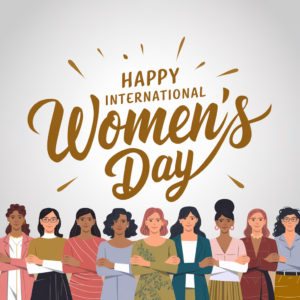Despite the recognised need for constitutional reform, new President Embaló’s establishment of an independent constitutional reform commission has been criticised as modifying legally prescribed process for constitutional change. Although the commission’s work is expected to be submitted to the National Assembly, given the political context, caution is necessary to ensure that the process of constitutional reform does not exacerbate political tension – writes Dr Ibrahima Amadou Niang.
In May 2020, President Umaro Sissoko Embalo, whose victory is still contested, established an independent commission to draft a revised constitution with a view to primarily reform the semi-presidential system of government that has consistently precipitated political stalemate. The commission consists of two former presidents of the country’s Supreme Court and three jurists and lawyers and is supported by a technical team. It is expected to propose constitutional changes to allow the execution of the Conakry Accord reaffirmed in Lomé in April 2018.
While constitutional reform has been accepted in past political dialogues as critical, the unilateral pursuing of the effort will face challenges without the buying-in of the opposition in the National Assembly and could exacerbate the political paralysis.
Guinea Bissau has been reeling in a wave of political crises since 2015 following contested presidential elections in May 2014, which were hoped to end a cycle of coups, instability, and political assassinations. The elections brought to power José Mário Vaz from the historically dominant African Party for the Independence of Guinea Bissau and Cape Verde – PAIGC. In August 2015, Vaz dismissed Prime Minister Domingos Simões Pereira, who was leading PAIGC, following apparent personal differences. The dismissal effectively split the ruling party. Siding with Pereira, parliament re-nominated him for the premiership, which Vaz rejected. The appointment of another high PAIGC official as prime minister was ruled unconstitutional by the Supreme Court, as under the semi-presidential system established in the constitution, the prime minister is selected based on ‘electoral results’ and after consulting political parties represented in parliament.
Despite the paralysis, Vaz went on to become the first president, elected or not, since independence to finish his term, a reflection of the historically high level of political instability. The country has been spared recurrent coups mainly because of the presence and the active involvement of the Economic Community of West-African States (ECOWAS), which also maintains an armed mission in the country (ECOMIB).





